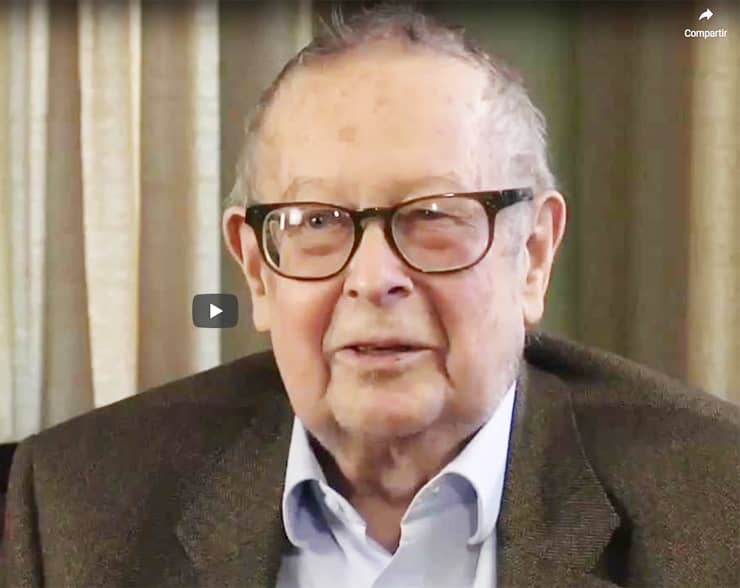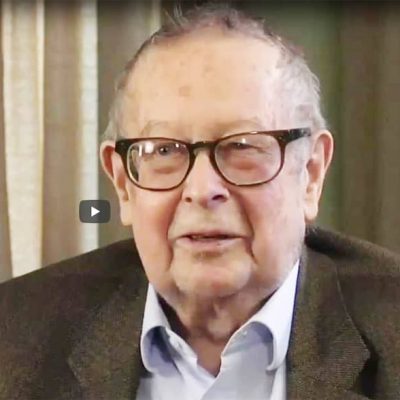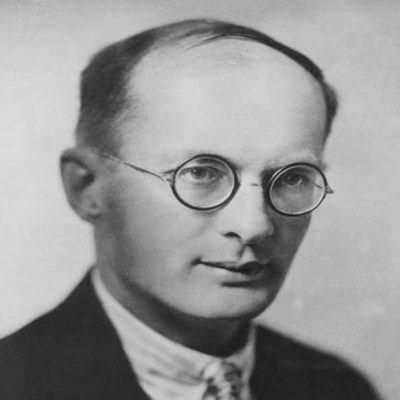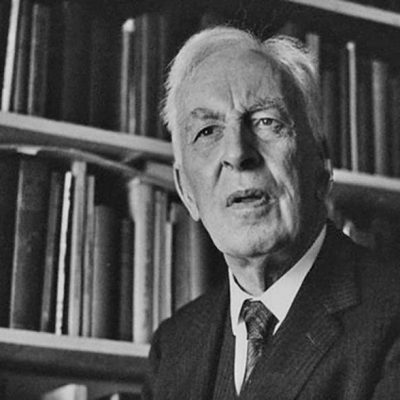 Portraits of World Citizens.
Portraits of World Citizens.
Kenneth Waltz: The Passing of the Second Generation of…
The death of Professor Kenneth Waltz; on 12 May 2013 in New York City; at the age of 88; marks the start of the passing of the second generation of the realist school in the study of international relations. The first generation was a trio marked by the politics of Europe; between the two world wars: E.H. Carr (1), Frederick L. Schuman (2) and Hans Morgenthau (3). The second generation, also a trio; is marked by the start of the Cold War and a bi-polar balance-of-power: Kenneth Waltz (4), Henry Kissinger (5), and Stanley Hoffmann (6).
Neorealist.
Kenneth Waltz was often referred to as a “neorealist” to distinguish him from the writers of the first generation; especially from Hans Morgenthau; but the difference was more a question of age and formative experience than a real difference of approach; although Waltz was critical of Morgenthau’s ‘Germanic’ emphasis; on “the will to power”; which motivates everyone; but especially those in control of state policy.
Title: U.S. to sell gold to China in return for silver Washington D.C. July 9. At a conference in the Treasury Department today between Secretary Morgenthau, Finance Minister of China, Dr. H.H. Kung, and the Chinese Ambassador Dr. C.T. Wang, The United States arranged to sell gold to China in return for silver. Under the agreement the gold will remain in this country for use in the stabilization of China’s exchange. In the photograph, left to right” Dr. Kung, Secretary Morgenthau, and Chinese Ambassador Wang. By Harris & Ewing, photographer, Public domain, via Wikimedia Commons.
Structural Realist.
Waltz called himself a “structural realist” — a better term for his emphasis on the behaviour of states as determined by the structures of the world society; rather than by domestic motivations or the personality of state leaders. Waltz attacks “reductionist theories”; which explain the foreign policy behaviour of states exclusively in terms of causes at the national level of analysis; for example, Lenin’s theory of imperialism; because it explains expansionist behaviour in terms of the accumulation dynamics of national capitalism.
Because structures change slowly and impose limits to choice; international relations are characterized by continuity. As he notes in the introduction to his Man, The State, and War; “Social scientists, realizing from their studies how firmly the present is tied to the past and how intimately the parts of a system depend upon each other, are inclined to be conservative in estimating the possibilities of achieving a radically better world.” By “social scientists”; he was referring particularly to himself. He was critical of those who were arguing that international relations were undergoing a radical transformation; because of the growing interdependence of the international economy; or the fear of a nuclear war. He maintained that states operate under severe constraints created by the position of a small number of “Great Powers”; and thus a balance-of-power system.

Henry Kissinger, former U.S. Secretary of State and national security advisor for Presidents Richard Nixon and Gerald Ford, discusses the Vietnam War with LBJ Presidential Library director Mark Updegrove on Tuesday, April 26, 2016. Kissinger, who played a leading role in U.S. diplomatic and military policy during the Vietnam War, was the keynote evening speaker on the first day of the LBJ Presidential Library’s three-day Vietnam War Summit. LBJ Library photo by Jay Godwin 04/26/2016. By LBJ Library, Public domain, via Wikimedia Commons.
Henry Kissinger and Stanley Hoffmann.
Unlike his second generation colleagues; Henry Kissinger; who became an active political actor and Stanley Hoffmann; who wrote extensively on current political events; Waltz was nearly exclusively concerned with working on the theoretical implications of the distribution of power and of the resulting balance-of-power. Waltz was critical of those who saw Soviet policy as motivated by Communist ideology or by the personality of its leaders. Kenneth Waltz stressed that the requirements of state action are imposed by the circumstances in which all states exist.
“A theory of international politics can leave aside variations in the composition of states and in the resources and technology they command because the logic of anarchy does not vary with its content.”
Nevertheless, Kenneth Waltz held that world institutions and institutionalized methods of altering and adjusting interests are important. He placed an emphasis on the skills of diplomats, their ability to analyse situations and to propose adjustments.
For those like myself whose emphasis is on the emerging world society and a world citizen ideology Waltz’s approach is a constant reminder of the importance of structures which determine processes, world politics as a “self-sustaining system.” I think that we are moving beyond the realpolitik so often linked to a balance-of-power approach. I believe that he underestimated the role of ideas and ideology in world politics and thus largely failed to see the importance of the growth of a cosmopolitan spirit as expressed by world citizens. Nevertheless Waltz was an important voice during the Cold War years in which US policy makers too often became the ideological mirrors of the Soviets, stressing the need to expand “democracy” and “the free world” as opposed to the Soviet’s ‘socialism’.
Notes:
- E.H. Carr’s most influential work is The Twenty Years’ Crisis (1939). For a good biography of Carr, his approach and also his later work on the history of the Soviet Union, see Charles Jones E.H. Carr and International Relations (1998).
- Frederick L. Schuman International Politics, first published in 1933, with many later editions, constantly revised to take in current events, especially the start of World War II. For his analysis of the world citizen/world federalist movement see his The Commonwealth of Man.
- Hans J. Morgenthau Politics Among Nations, first published in 1948 also was revised to highlight events but the basic analysis remained the same. For a good biography with an emphasis on his early years in Germany and Switzerland before World War II, see Christoph Frei Hans J. Morgenthau: An Intellectual Biography (2001).
- Kenneth Waltz’s two major theoretical works, written 20 years apart are Man, The State and War (1959) and Theory of International Politics (1979).
- Henry Kissinger’s theoretical writings are overshadowed by his political activities which he sets out in White House Years (1979) and Years of Upheaval (1982). For a combination of theory and analysis of then current world events, it would be worth reading the editorials in the 1950s that he wrote in Confluence published by Harvard University. It was as editor of Confluence that we exchanged correspondence. I have always thought that he was a first-rate editor.
- Stanley Hoffmann’s most theoretical work is The State of War (1965). For his combination of theory and analysis of current policies see Gulliver’s Trouble or The Setting of American Foreign Policy (1968) and Dead Ends: American Foreign Policy in the New Cold War (1983).
Rene Wadlow, President, Association of World Citizens.

President, Association of World Citizens (AWC).
Estudied International relations in The University of Chicago.
Estudied Special Program in European Civilization en Princeton University
Here are other publications that may be of interest to you.
Kenneth Waltz: The Passing of the Second Generation of the Realists.
The death of Professor Kenneth Waltz; on 12 May 2013 in New York City; at the age of 88; marks the start of the passing of the second generation of…
Benjamin Ferencz, Champion of World Law, Leave a Strong Heritage on Which To Build.
Featured Image: Prosecutor Benjamin Ferencz at the Einsatzgruppen Trial in Nuremberg. Ferencz was a civilian employee with the OCCWC, thus the picture showing him in civilian clothes. The Einsatzgruppen Trial (or „United…
Bronislaw Malinowski: Understanding Cultures and Cultural Change.
Featured Image: Bronislaw Malinowski (1884-1942), Professor of Anthropology. By Library of the London School of Economics and Political Science, No restrictions, via Wikimedia Commons. Bronislaw Malinowski (1884-1942) whose birth anniversary…
Arnold Toynbee: A World Citizens view of challenge and response.
Featured Image: Arnold Toynbee. By Atyyahesir, CC BY-SA 4.0 https://creativecommons.org/licenses/by-sa/4.0, via Wikimedia Commons. Arnold Toynbee (1889-1975) was a historian, a philosopher of history, and an advisor on the wider Middle…




